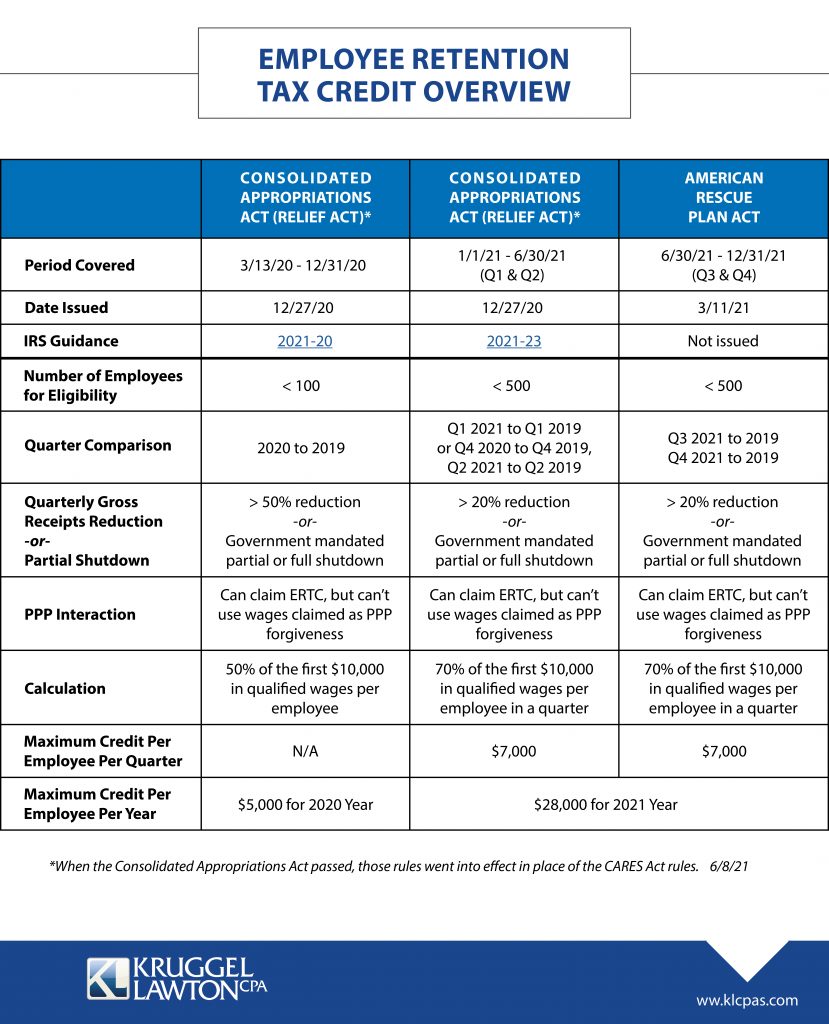More About "Beyond the Bonus: Non-Monetary Incentives for Employee Retention"

Worker recognition is a crucial component for any kind of institution's excellence. In current years, the competitors for experienced and experienced workers has been on the surge, helping make it complicated for providers to preserve their top talent. While typical staff member benefits such as wellness insurance policy, retired life strategy, and spent time off are necessary, they may not be enough to keep employees interacted and motivated to stay along with a business long-term. This is where recognition rewards come right into play.
Retention motivations recommend to the numerous courses and approaches that organizations use to encourage their workers to stay along with them for an lengthy time frame. These rewards can vary from financial perks, bonuses, inventory possibilities, and versatile job setups.
In this article, we will certainly go over why traditional staff member perks are not sufficient and the value of recognition motivations in today's workforce.
The Limitations of Traditional Employee Perks
Standard employee advantages are crucial elements of any kind of settlement bundle provided through companies. These benefits feature health insurance protection, retirement life program such as 401(k)s or pension plans, trip time off plans, and ill leave behind plans.
While these perks aid provide some level of safety and security for employees' well-being and financial reliability in the brief term, they may not be sufficient to keep employees motivated in the long run. Workers typically look beyond typical perks when assessing their task contentment levels.
For instance, if an employee experiences that their company has taken care of their fundamental demands through conventional staff member perks but doesn't feel engaged or challenged at job or doesn't observe growth opportunities within the company, they might start looking elsewhere for even more purposeful work opportunities.
The Importance of Retention Incentives
Retention rewards go beyond typical employee perks by providing added incentives that inspire employees to remain along with an company long-term. These incentives may happen in several kinds such as efficiency perks connected directly to certain metrics or breakthroughs got to through personal workers or crews.
Various other types of loyalty rewards feature capital remuneration bundles like supply options or restricted stock units (RSUs), which provide workers a concern in the business's results. The Most Complete Run-Down can be specifically reliable for maintaining top-performing employees who wish to be part of a developing association.
Yet another recognition incentive that has acquired recognition in current years is the implementation of pliable job arrangements. This can feature remote control working options, versatile hrs, and job-sharing programs that permit workers to harmonize their work and individual devotions.
Flexibility is becoming increasingly significant to workers as they focus on their work-life balance. Employers who provide flexible working arrangements will definitely appreciate greater recognition costs as their workers appreciate the included advantage and independence.
Final thought

In verdict, conventional employee benefits are vital but might not be enough to maintain employees interacted and motivated in the long run. Recognition incentives have come to be important tools for companies appearing to retain leading talent in today's very competitive task market.
Retention motivations go beyond typical employee advantages through supplying additional incentives that stimulate workers to keep along with an association long-term. These motivations can happen in several types such as efficiency perks tied straight to certain metrics or turning points got to by private employees or teams.
Employers who combine retention incentives in to their settlement package deals will enjoy higher worker involvement amounts, boosted productivity, and lessened turn over price. As competition for leading skill proceeds to intensify, firms need to focus on loyalty incentives if they really want to maintain their most useful resource – their individuals.
